Make America Informed Again

The way to greatness requires us to look forwards, not backwards.
“Whenever I found out anything remarkable, I have thought it my duty to put down my discovery on paper, so that all ingenious people might be informed thereof.” –Antonie van Leeuwenhoek
According to the internet, there’s a famous saying: “The problem with internet quotes is that you can’t always depend on their accuracy.” Of course, according to that same internet, the source of that quote is Abraham Lincoln, from 1864. Obviously, that’s false information, but there are a great many reports out there full of false information that isn’t so easy to spot. Occasionally, misinformation originates from reporters or news outlets that have an agenda to push; even those of us who aren’t conspiracy-minded at all are aware of this “message marketing” that takes place. But more insidiously — and perhaps more recently — there’s simply bad reporting going on because it’s easier to do and it makes you more successful than good reporting does. Even when it comes to something as objective as science.

Think about it for a moment: a new scientific study comes out, with a sweeping and groundbreaking conclusion, if true. There’s a press release that comes along with the study — freely accessible to journalists — written by a team, University or PR agency designed to promote the study. If you’re a journalist, what do you do? Do you:
- Only write about it if you, yourself, are an expert in the field, capable of digging into the details and evaluating it in the context of everything else known yourself?
- Consult with a slew of experts, assuming you’re not one yourself, to ensure you evaluate the release properly — as best you can — before you craft your narrative?
- Call a few people to interview them, writing down quotes, so that when you write about the study and its conclusion, you can add in either affirming or dissenting opinions from experts?
- Or do you simply write a catchy headline designed to highlight the new, spectacular conclusions, and base your story entirely on the press release?
Science journalism now primarily consists of this last option — especially if you get your science news from social outlets like Facebook — where many of the most successful pieces are simply rewrites of a press release, without any valid critical or scientific scrutiny of the claims.
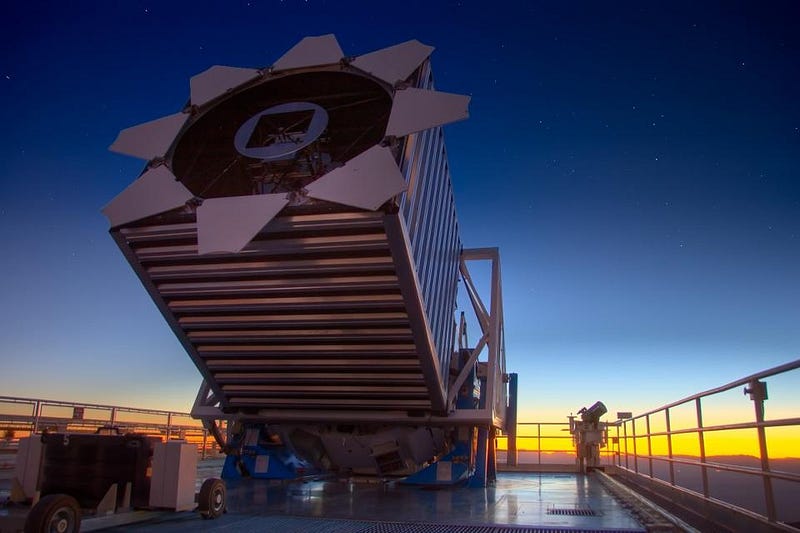
A couple of weeks ago, a story about scientists claiming to have found aliens signals from 234 alien civilizations went viral. The real story?High-frequency variations were found in the spectra of a tiny percentage of stars (and galaxies, too), which almost certainly indicates a natural, non-alien-related effect. This isn’t a one-off, however; this lowest-level of reporting happens practically all the time.
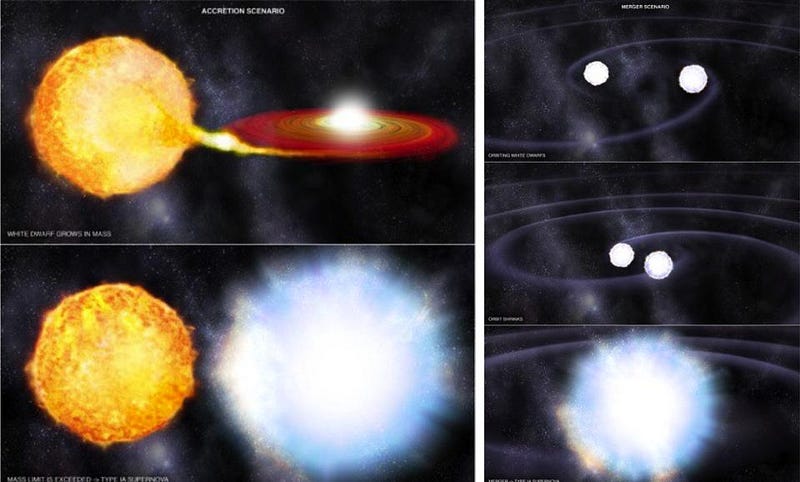
Did scientists determine that the Universe isn’t accelerating after all after re-evaluating the supernova data? Not at all; one team published a paper claiming that the evidence was weaker than other teams assert(but still significant), and they did so because they used an inferior method despite having been told repeatedly those methods were inferior by the other teams.
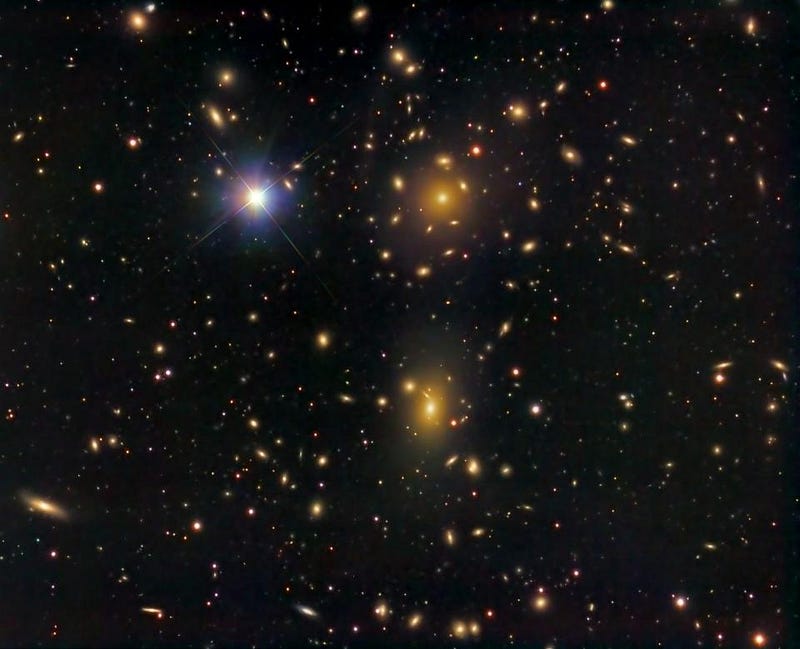
If you’re a scientist who does original work, chances are you want to promote that work and see it highlighted. If you work on an alternative theory to dark matter, you’re going to promote your findings, even if the overwhelming suite of evidence favors dark matter. If you work on thermodynamics and the arrow of time, you’re going to claim (as many do) that the second law of thermodynamics is responsible for the psychological (i.e., the human-perceived) arrow of time, even though we have no evidence for where our psychological arrow of time comes from at all.
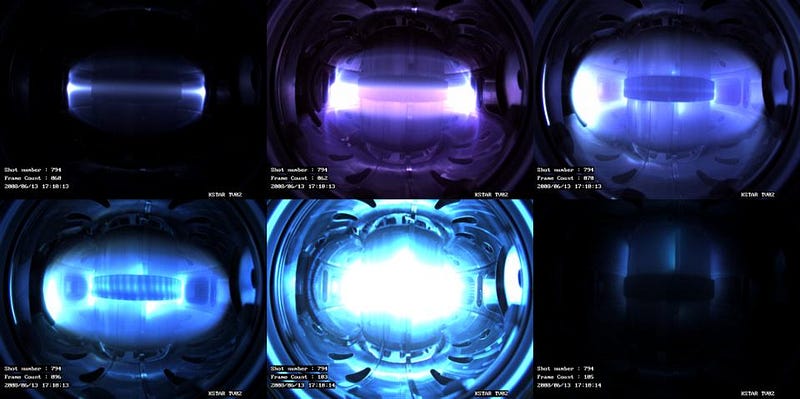
But the problem isn’t scientists being excited about their work, even if that leads them to the point where they delude themselves about their own conclusions. The problem is that writers of all types don’t value good journalism enough to engage in it. Not in a world where clicks are all that matter. That’s why you’ll see stories out there about the promise of free energy from cold fusion every few months, even though no one’s ever built a working, reproducible device. It’s why you’ll continue to see stories about NASA’s impossible space engine, the EMdrive, even though it’s incredibly poorly studied and claims to violate the laws of physics. And it’s why you feel that a story that includes, “this expert says A, and this other expert says B” is good journalism, because it rises to the abysmal standards of #3 on my list, above.
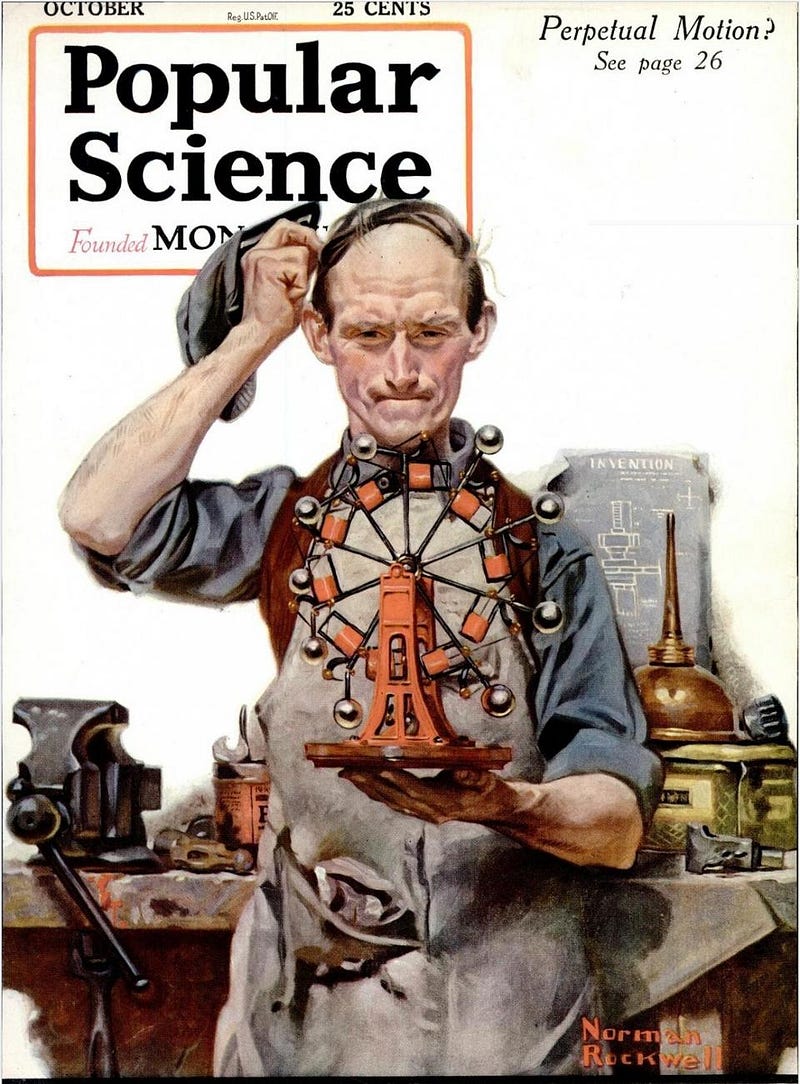
Where is the outcry for expert-level information? Why are we okay reading factually suspect stories that masquerade as science? Why do we accept “journalism” that barely rises above the standards of plagiarism? And why, if we feel strongly one-way-or-the-other about a conclusion, do we find reasons to reject the validity of evidence to the contrary? RealClearScience just named their top 10 science websites for 2016, and I’m honored that Starts With A Bang is one of them. There are good individual writers out there, like Carl Zimmer, Natalie Wolchover and Sabine Hossenfelder, as well as a few great scientists writing about their field over on Forbes, like Jillian Scudder, Marshall Shepherd and Shaena Montanari. But there’s a whole sea of noise out there, and a whole lot of misinformation out there as well. If we can all agree on just a few points:
- That factual, scientific truths matter,
- That we want accurate information over sensational headlines,
- That expertise is valuable,
- And non-expertise is a red flag,
we just might change the world. You can’t be great without accurate information. Demand it, and you’ll receive it. And if we’re armed with it, we just might keep ourselves from being fooled — about everything — ever again.
This post first appeared at Forbes, and is brought to you ad-free by our Patreon supporters. Comment on our forum, & buy our first book: Beyond The Galaxy!





